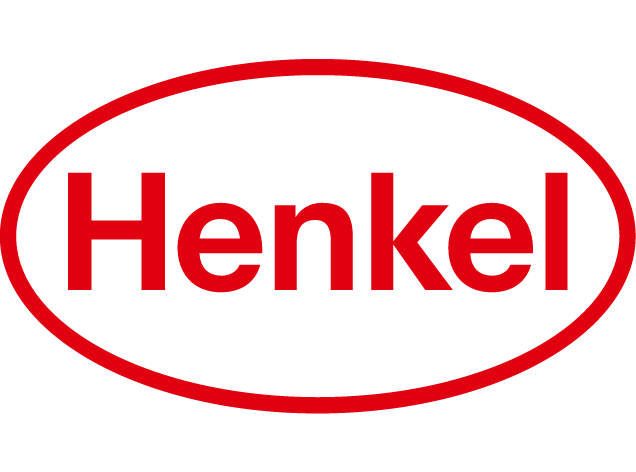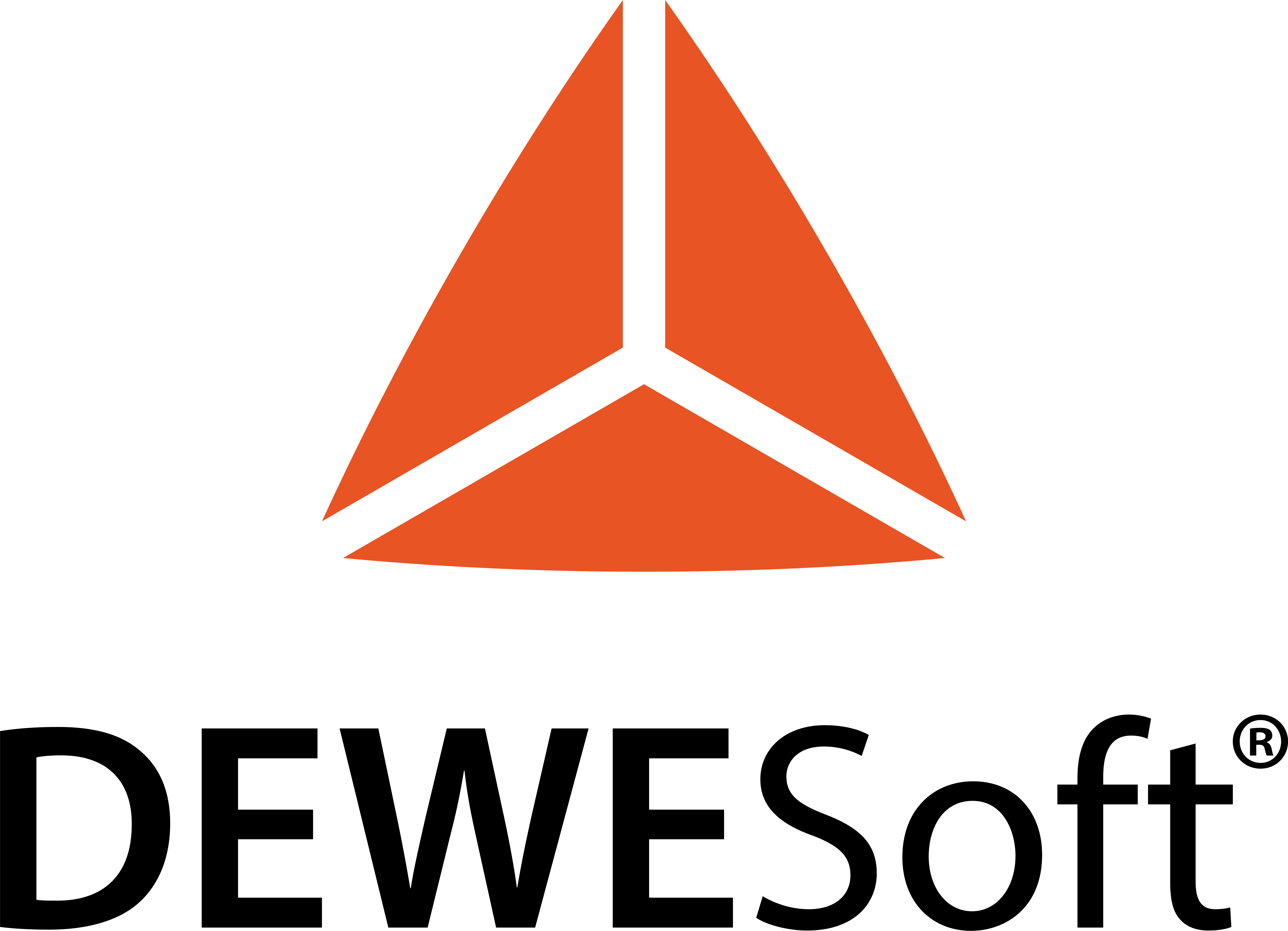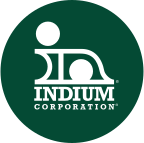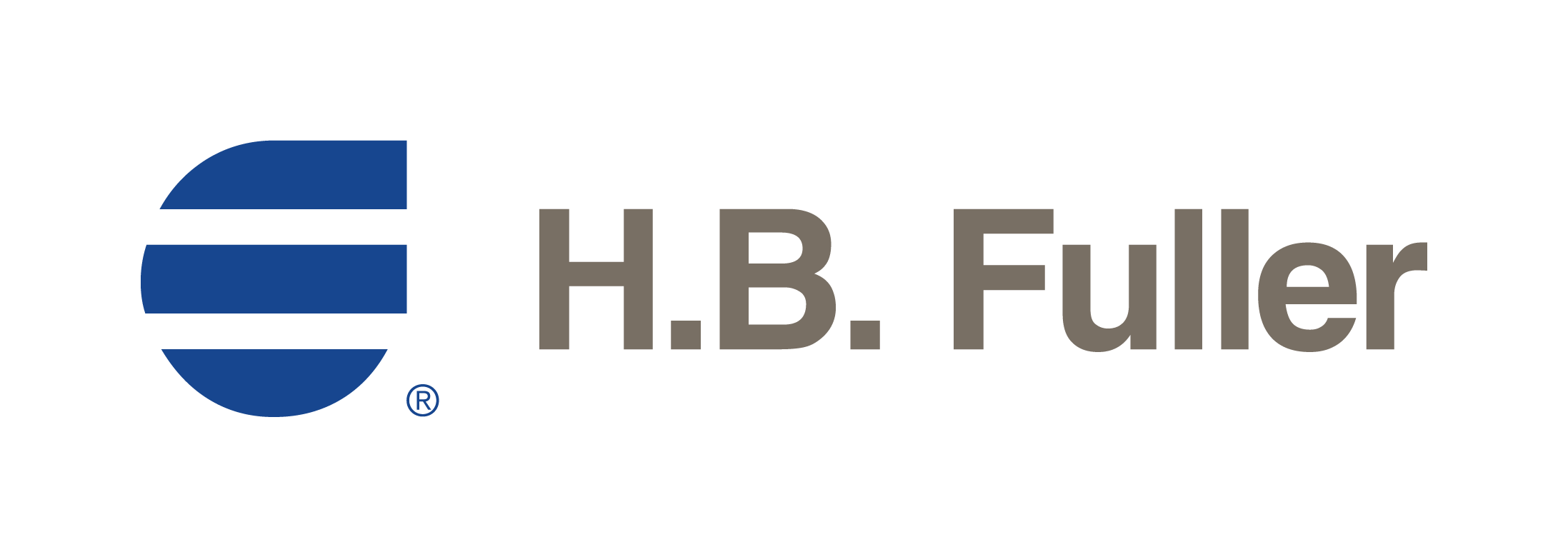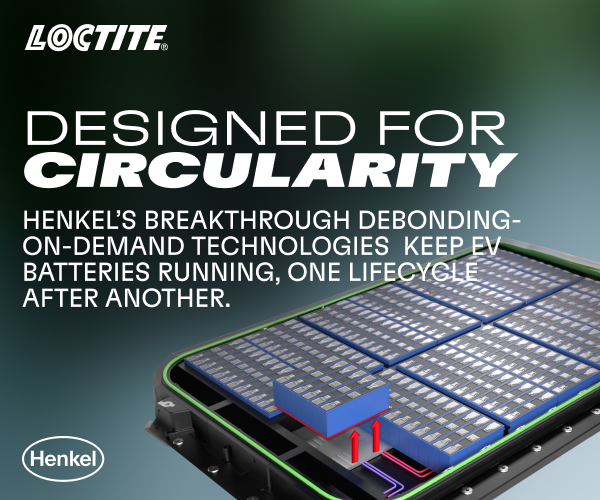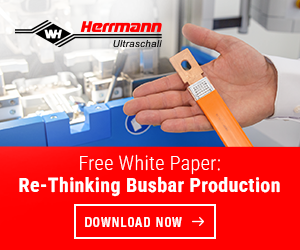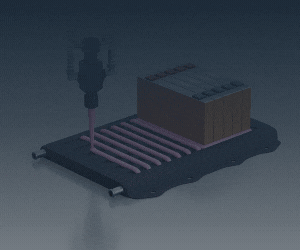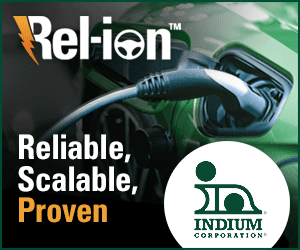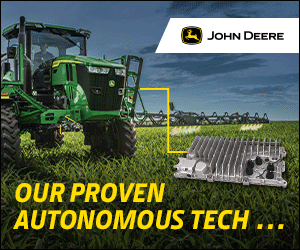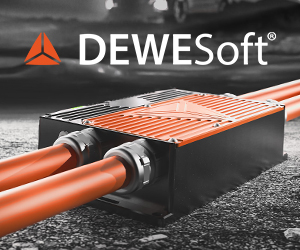Dry electrode coating and extrusion technologies enhance battery manufacturing efficiency
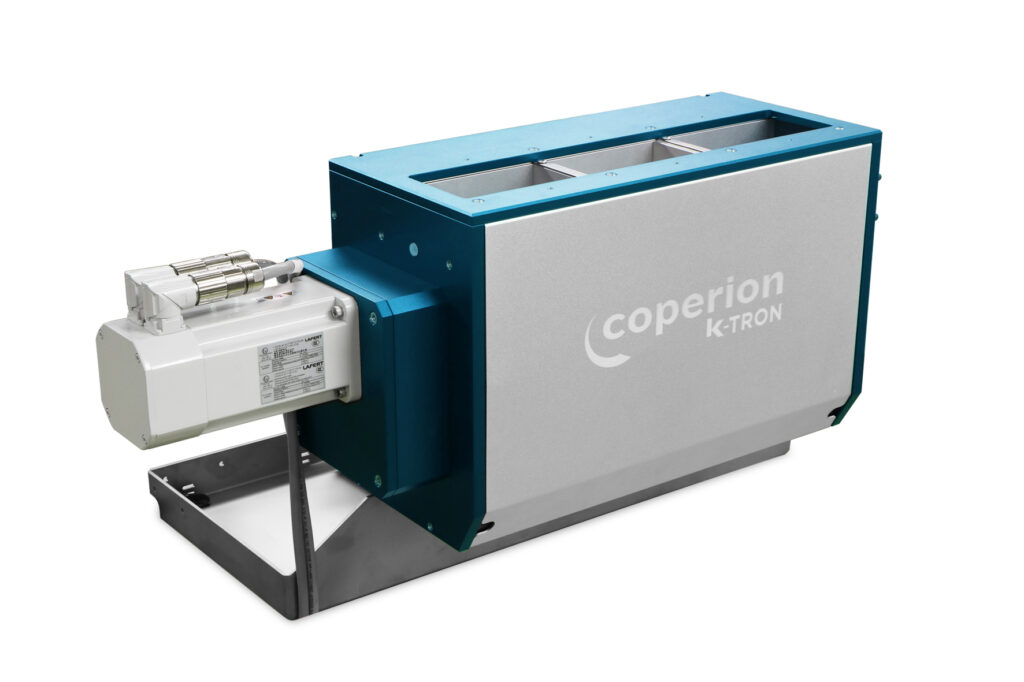
(Images courtesy of Coperion)
Coperion has introduced new advances in battery electrode production with the development of its Loss-in-Weight Roller Feeder, a gravimetric feeding solution for dry electrode coating processes. The feeder provides uniform distribution of coating powders and is designed to improve stability and efficiency in solvent-free electrode manufacturing. With its precise material handling and scalability, the system is intended to support the industrialisation of dry coating for high-volume battery production.
The K-Tron Loss-in-Weight Roller Feeder is engineered for laboratory and pilot-scale applications where controlled delivery of dry coating blends into the calender gap is required. Mounted on a platform scale with high-accuracy SFT weighing technology, the feeder ensures continuous and repeatable dosing. Its dual roller arrangement maintains a dynamic feeding gap, reducing material bridging and enabling consistent mass distribution across widths of up to 400 mm. By providing stable, accurate feeding, the system supports automation and material efficiency in the production of electrodes.
In addition to its roller feeder, Coperion has developed continuous extrusion systems for electrode fabrication. The ZSK twin screw extruder, combined with high-accuracy K-Tron screw feeders, enables fibrillation of binders and homogenisation of powder mixtures during dry coating. Short residence times and zone-specific temperature control contribute to process flexibility, while efficient dispersive and distributive mixing improves product quality even with challenging formulations. The design supports continuous manufacturing with reduced space and labour requirements, offering consistent throughput and minimised material losses.
The twin screw feeders used in this process provide accurate dosing of active powders, conductive additives, and binders into the extrusion step. Real-time weight measurement ensures stable feed rates and consistent electrode layer quality, addressing the challenges of handling sticky or difficult-to-mix powders. Maintaining a steady feed is particularly important for dry processes, where variations in powder flow directly affect layer uniformity and cell performance.
Coperion also develops processing systems to meet the strict thermal requirements of electrode production. Its material handling solutions are engineered for precise temperature control across conveying, dosing, and mixing operations, securing consistent processing conditions for active material blends. By integrating these feeding and extrusion solutions, the company aims to increase the efficiency and scalability of solvent-free electrode manufacturing.
To support process development, Coperion operates dedicated test facilities for battery production technology. These centres allow manufacturers to trial equipment for a range of process steps, including pneumatic conveying, feeding, filtration, and extrusion. The facilities provide simulation and scale-up expertise, with capability to test hazardous powders as well as standard active materials. This combination of laboratory and industrial-scale testing enables manufacturers to assess new electrode formulations and optimise process design before commercial production.
Coperion will present its latest innovations, including the Loss-in-Weight Roller Feeder and continuous extrusion technologies, at The Battery Show North America in Detroit from October 7-9, 2025, at Booth 5107.
Click here to read the latest issue of E-Mobility Engineering.
ONLINE PARTNERS

